The Ajaokuta Steel Plant has been lying fallow for four decades despite its strategic nature and forecast earning power. The Nigerian government has tried joint ownership with foreign companies to try to get the now moss-full enterprise roaring to life. But all efforts have failed to achieve the goal of making a financially viable enterprise out of Ajaokuta.
After trying joint ownerships with companies like US-based SOLGAS Energy and the Global Steel Group to no avail, the federal government announced that it will try concession to rescue the project. With this move, the government is willing to allow 100% ownership of the project by a private entity.
Although the nature of the concession is unclear at the moment, there are tons of benefits to be derived from resorting to a privately-held Ajaokuta Industrial Complex.
Our optimism derives from the original reason the steel plant was established and current-day market realities. Firstly, Ajaokuta “was conceived and steadily developed with the vision of erecting a metallurgical process plant cum engineering complex with other auxiliaries and facilities. The complex is meant to be used to generate important upstream and downstream industrial and economic activities that are critical to the diversification of our economy into an industrial one. Ajaokuta Steel Plant is therefore aptly tagged as the “Bedrock of Nigeria’s industrialization”.
Among the expectations were that Ajaokuta Steal Plant would create jobs (over 500,000), develop infrastructure, build human capital, earn and conserve forex, and achieve income distribution and technological acquisition, among others.
Secondly, the fledgling Nigerian economy can leap towards strong growth and industrialization when the Ajaokuta Steel Plant is revived, given steel’s place in the global economy and its earning potential.
Before the coronavirus outbreak, the global steel industry was worth $900 billion annually and grew at 1.6%, according to World Steel Association. Going forward, the outlook is positive for 2023. Worldsteel forecasts that in 2023, steel demand will see a recovery of 1.0% to reach 1,814.7 Mt. The current forecast represents a downward revision over the earlier forecast, reflecting the repercussion of persistently high inflation and rising interest rates globally. High inflation, monetary tightening, and China’s slowdown contributed to a difficult 2022. But infrastructure demand is expected to lift steel demand in 2023.
If the industry can contribute just 1% to Nigeria’s $440.8 billion economy, it can add $4.41 billion (N1.93 trillion) to the economy. This amount is bigger than the N1.55 trillion budgeted for fighting insecurity in the 2023 federal budget.
This kind of revenue stream should be the vim needed to jerk up an economy growing at a pace of 3.4% year on year, as per NBS 2021 data.
With an original capacity to produce about 3 million tons of steel annually, Ajaokuta can add more than $1.6 billion per annum at $533 per metric ton using the price as of November 2nd 2022. That is the equivalent of N701 billion added to the annual budget in revenue at N438.52/$. This is almost enough to fund statutory transfers in the proposed 2023 budget put at N744.11 billion.
Besides the export value, steel can add value to several industries crucial to industrialization, including auto, rail, aviation, manufacturing, roads and construction. It is also amenable to backward integration. In addition, it will help absorb millions from the jobs market, therefore cutting the unemployment rate currently at 33.3% of GDP.
When these happen, the output and aggregate earnings will inevitably rise, leading to an expansion in investment, consumption and ultimately, growth. Over time, this will deliver economic development. This is what lies ahead for Nigeria when the steel industry takes off.
In 2020 the top importers of Iron and steel were China ($34.4B), Germany ($20.5B), the United States ($18.7B), Italy ($14.2B), and Turkey ($14B), according to data from the Observatory of Economic Complexity (OEC). These countries are already Nigeria’s trading partners, so it leaves little doubt about Nigeria’s target market for the product that represents 2%of global trade.
Although steel consumption in China has faltered due to the coronavirus and a move from investment-led to consumption-led growth, a monetary easing in the United States of America and stimulus in Europe are expected to offset the trend. However, this optimism may be blighted by the recent rate cuts by the US Fed to tame inflation.
A boost to Nigeria’s steel investment would also come from increased appetite from India (already Nigeria’s biggest crude trading partner), whose demand for the product is seen to outpace the rest of the world. India is heavily investing in new infrastructure-rail and roads, according to a Bloomberg report.
The factors outlined above and the Russia-Ukraine war indicate steel demand will be elevated in the new year. In their April forecast, the World Steel Association said:
- “The magnitude of the impact of this conflict will vary across regions, depending on their direct trade and financial exposure to Russia and Ukraine. However, we have forecasted that steel demand will grow by 0.4% in 2022 to reach 1840.2 Mt. In 2023, steel demand will see further growth of 2.2% to reach 1 881.4 Mt.”
Given the potential and outlook for steel, we urge that the concession get completed speedily as the oxygen Ajaokuta needs to roar to life and break the jinx of false starts associated with the industry.

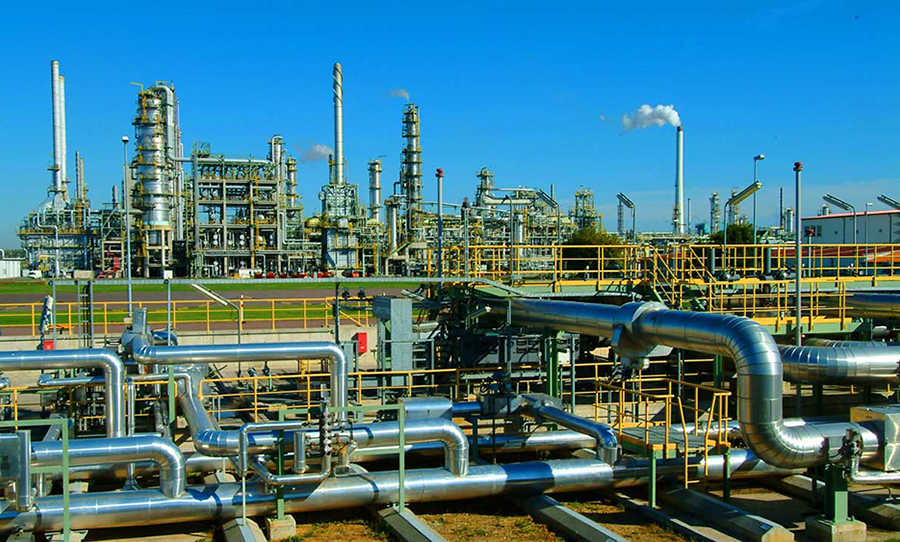






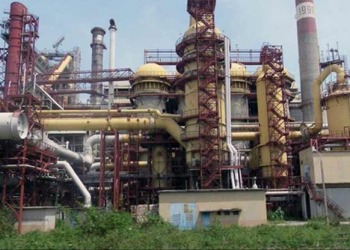
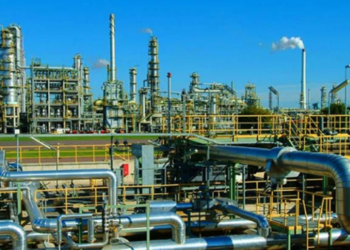

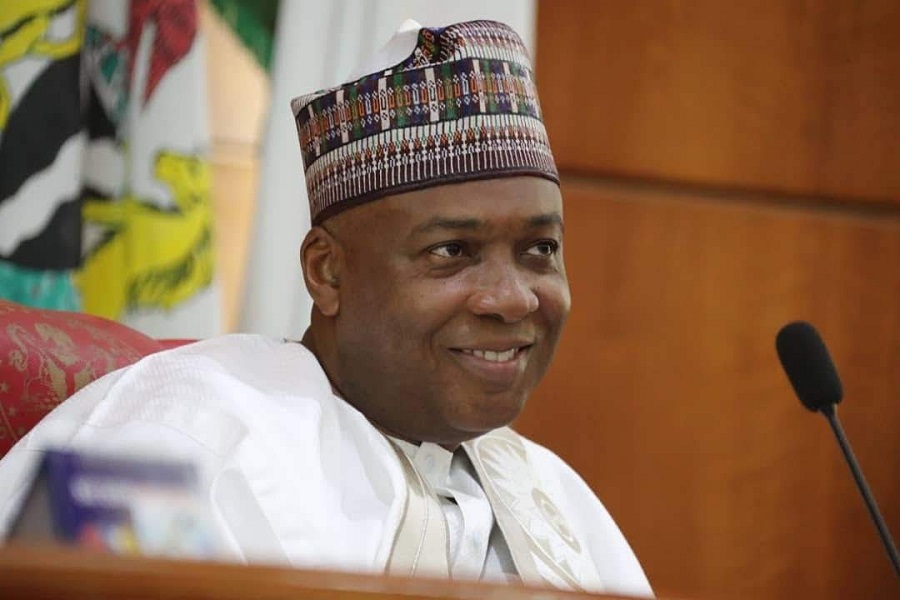
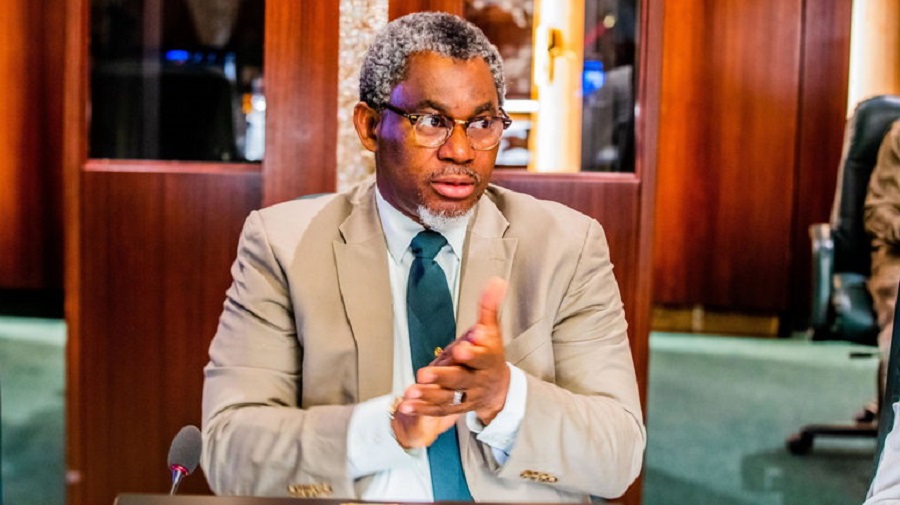









Can we just stop talking about Ajaokuta? Like they say, it sounds like a broken record – a frustrating repetition.
We can rightly say we had gone that way before.
Concession in Nigeria can be translated as ‘fling’.
Politicians need money to spend, as such anything that can fetch money will be sold, damning the consequences.
Ajaokuta is as it is today because we don’t care.
Even within Nigeria some do not want Ajaokuta to come back to life because of its geographical location, it is in the North.
The whole of Nigeria is a conduit pipe for foreigners to prosper.
One cannot prescribe aurtaky, but my reasoning is this: if GLOBACOM is indigenous to us, why ship billions of dollars to South Africa through MTN?
We are not rich. In fact we are very poor, such that few people are able to purchase new cars.
Our docility allows politicians to auction the nation to the LOWEST bidder ( representing it’s worthlessness to us).
Nigeria does not exist as India, Turkey, China, and a host of others do.
Nobody claims it, so nobody protects it’s interests.
Our leaders tell foreigners: this woman ( Nigeria ) is neither a wife, nor mother, nor daughter, nor sister to any one of us. Let’s take turn in raping her.
If she catches HIV we abandon her.